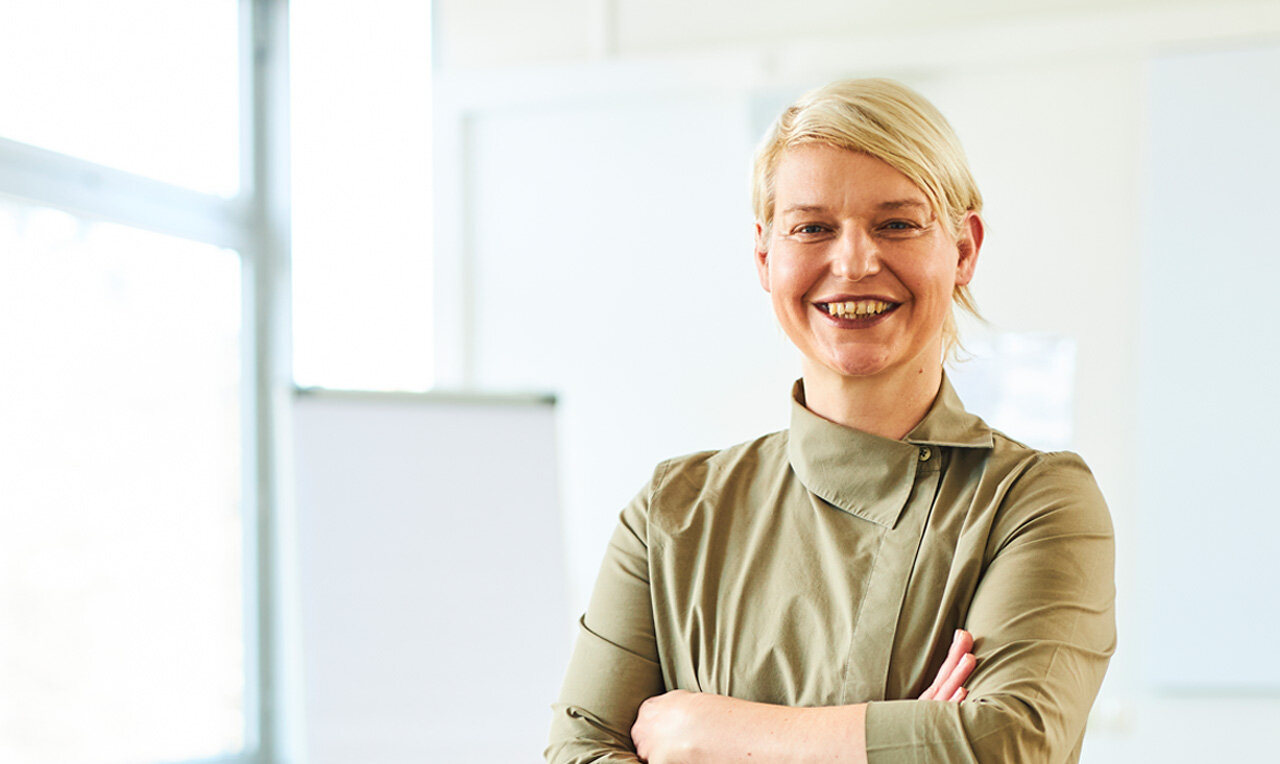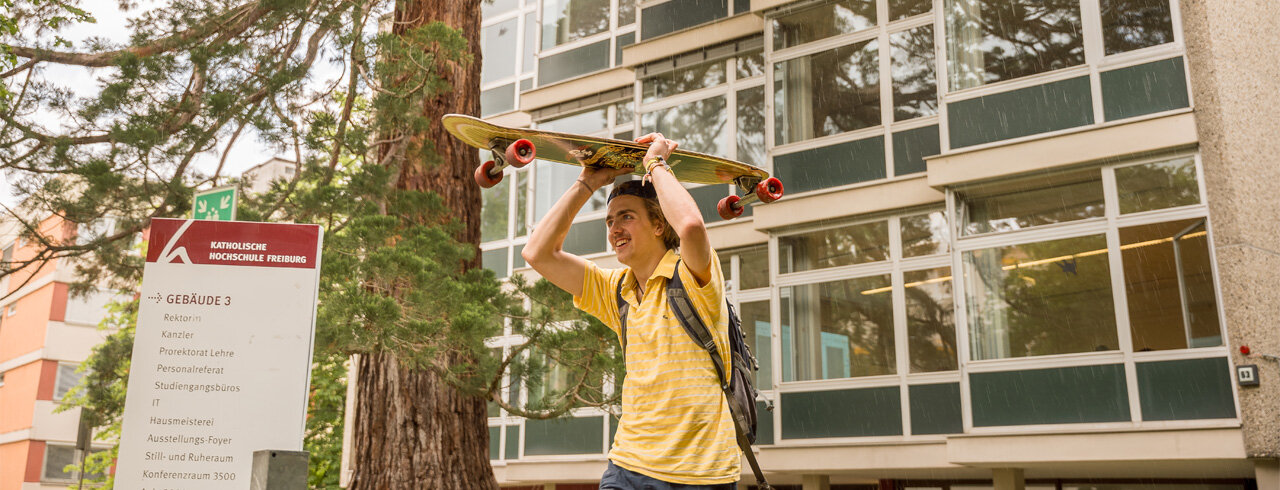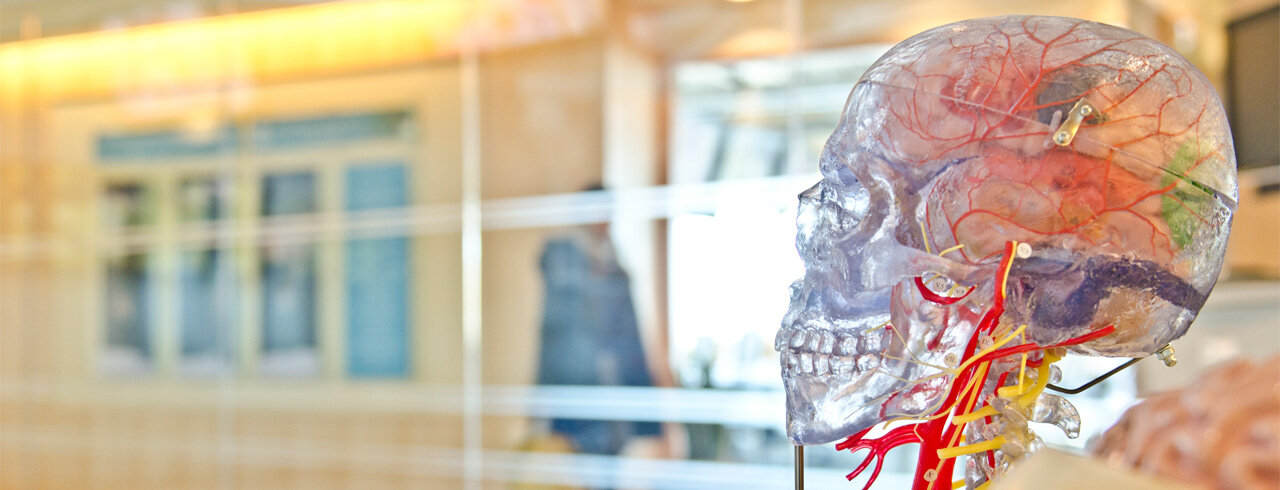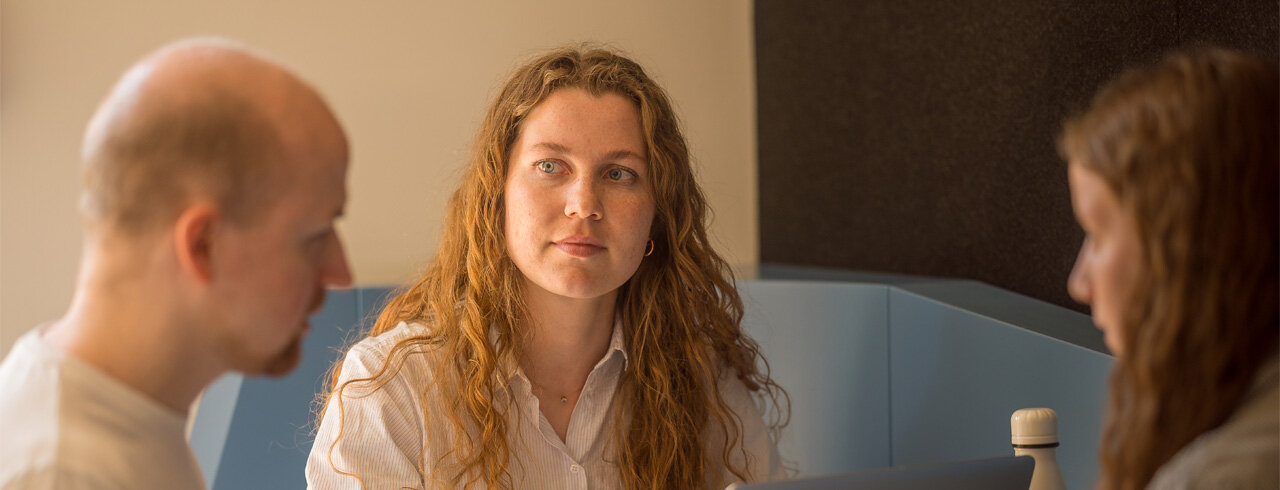Doctorates
Information for Ph.D. Candidates
In the German state of Baden-Württemberg, graduates of Universities of Applied Sciences (HAW) are permitteed to pursue a doctorate, subject to certain conditions.
In principle, the pathways of HAW graduates to a PhD degree can be distinguished according to three procedural options. The first of these is the possibility of pursuing doctoral procedures within the framework of structured doctoral programmes, a route which has already been implemented at various locations within the state. The second one includes individual procedures for HAW graduates with the participation of HAW professors as supervisors or examiners. Finally, it is possible to obtain a doctorate within the framework of the newly founded HAW Doctoral Association.
Should you have any queries or require counsel regarding the pursuit of a doctoral degree, please contact the Vice-Rector for Research, Prof. Dr. Ines Himmelsbach.
Founded in June 2022, the Doctoral Association of Universities of Applied Sciences (HAW) Baden-Württemberg, creates structures for systematic and quality-assured acquiring of doctoral degrees at Baden-Württemberg HAW. The KH Freiburg is one of the Association’s 24 founding universities. It is not the individual member university, but the doctoral association that receives the right to award doctoral degrees and can thus award doctoral degrees to particularly qualified graduates in the future. You can find more information on the Doctoral Association (German) here.
The upcoming oral examination dates of the Doctoral Association can be viewed on the Doctoral Association's website. Members of the BW-CAR Doctoral Centre and members of the member universities are welcome to attend the public part of these examinations.
The central institution of the Association is the Doctoral Center. In its framework HAW professors with strong research skills supervise young scientists during their doctoral studies. The following professors of the KH Freiburg are members of the Doctroal Center of the Universities of Applied Sciences Baden-Württemberg:
Prof. Dr. Martin Becker
Prof.in Dr. Mirella Cacace
Prof. Dr. Michael Doh
Prof.in Dr. Wiebke Göhner
Prof.in Dr. Elisabeth Hartmeyer
Prof.in Dr. Ines Himmelsbach
Prof.in Dr. Nadine Konopik
Prof. Dr. Alexander Lenger
Prof. Dr. Eric Pfeifer
Prof. Dr. Gregor Renner
Prof. Dr. Christian Roesler
Prof.in Dr. Mone Welsche
Doctoral colleges can be characterized by a stronger structuring of the procedure and more guidelines for the process. As a rule, these doctoral colleges define a fixed subject area which determines the basic thematic direction of the doctoral procedures of different disciplines contained therein. Such doctoral colleges always include several doctoral procedures, which promotes interdisciplinary, thematic and methodological exchange between the PhD students and the respective, involved professors. Admission to doctoral colleges usually requires a regular application by the interested graduates in order to be admitted. In return, such doctoral colleges usually offer financial support in the form of time-limited scholarships. In addition, further training opportunities, such as methodological qualification courses, are often linked to them.
Cooperative Doctoral College: Health Equity
Through integration into cooperative doctoral programs, Catholic University of Applied Sciences Freiburg graduates and employees have the opportunity to conduct their own doctoral studies within a predefined and structured framework. The Cooperative Doctoral Program Health Equity was approved by the Ministry of Science, Research and the Arts (MWK) Baden-Württemberg in summer 2022. Within the framework of this funding, three Freiburg universities – the Catholic University of Applied Sciences, The University of Education Freiburg and the Protestant University of Applied Sciences - collaborate to provide the best possible qualification for the PhD students. You can find more information on the University of Education Freiburg website (German).
The course of individual procedures depends strongly on the agreement of the individual PhD candidates and supervisors involved (e.g., with regard to the structuring of time schedules and supervision agreements.) For junior researchers, the linking of their work as an academic employee in a research project at the IAF also represents an opportunity to realize a doctorate in the context of a project in the sense of an individual procedure. However, this connection to a specific project context is not obligatory.
So-called doctoral colloquia function as further networking platforms. These usually work on a cross-university basis and contribute, for example, to the professional and substantive exchange of participating doctoral students and scientific societies. Exemplary here is the doctoral colloquium of the German Society for Social Work (DGSA) that regularly takes place in Freiburg. The colloquia is spatially linked to the Protestant University of Applied Sciences Freiburg and is aimed at doctoral candidates in social work. In the gerontological segment, the German Society for Gerontology and Geriatrics (DGGG) regularly offers topic-related workshops for young researchers in the context of the annual conferences.
Additionally, the Baden-Württemberg Center for Applied Research (BW-CAR) is a network of HAW professors with strong research skills which offers an HAW-specific doctoral program BW-CAR DEEP and a cross-HAW networking opportunity. It further regularly offers writing workshops or methodological training events at no charge for HAW doctoral candidates. You can find out more information on the webseite of the Doctoral Association (German).
Sie haben Fragen? Sprechen Sie uns an!



